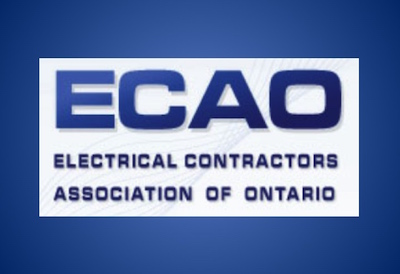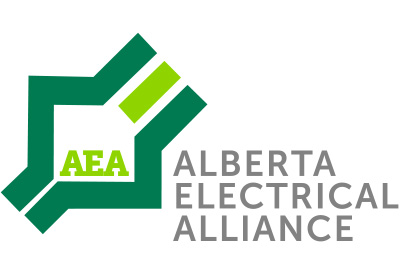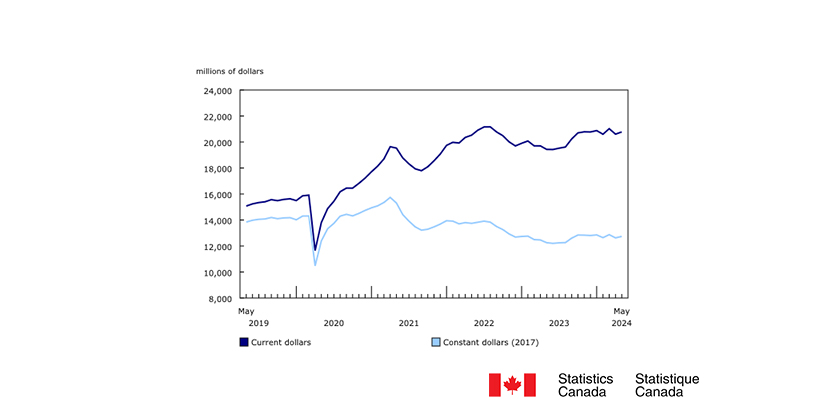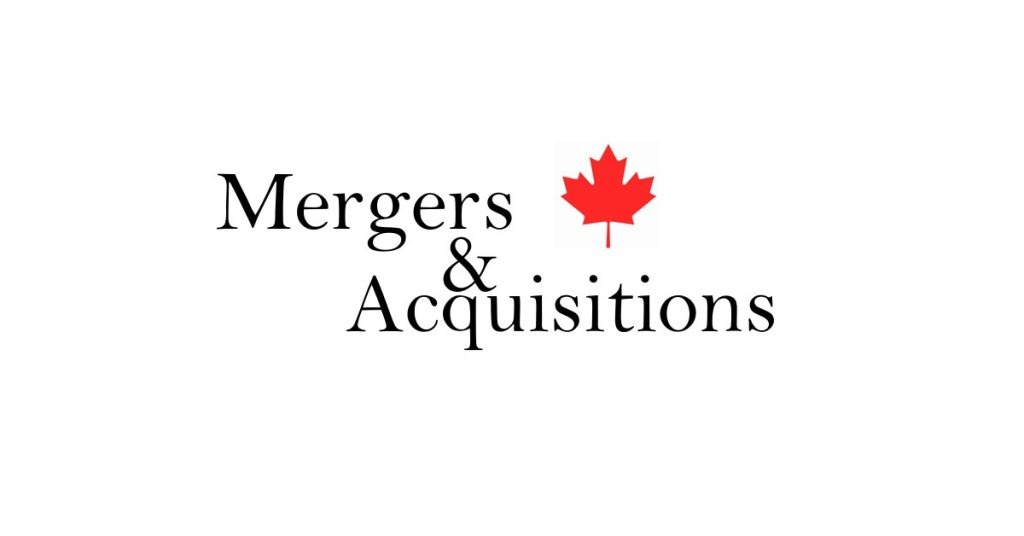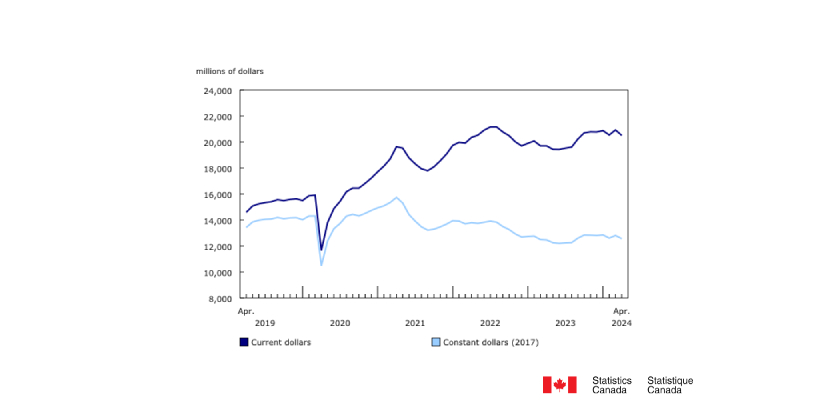Manitoba Judge Overturns Legislation Regulating Public Sector Wage Increases

August 6, 2020
The IBEW and its labour allies in Manitoba achieved a major win on June 11 when a judge threw out a controversial piece of legislation designed to hold down the wages of 120,000 public employees in the province and damage their collective bargaining rights.
“It’s a big victory for all unions,” Winnipeg Local 2085 Business Manager Russ Shewchuk said.
The Public Services Accountability Act was passed into law just a few months after the Conservatives secured a comfortable majority in the Legislative Assembly of Manitoba in 2016. It called for public employees to get no raises during the first two years, just a 0.75% increase in the third year and 1% in the fourth.
The bill was never proclaimed as law while it was in the courts but Shewchuk, Winnipeg Local 2034 Business Manager Mike Espenell and Winnipeg Local 435 Business Manager Bruce Krause said most public corporations treated it as though it had, nearly bringing contract negotiations to a halt. Those corporations risked being penalized by the provincial government if they offered any wage increases other than those prescribed by the bill.
Local 2034 represents about 2,200 members, many of whom are employed by Manitoba Hydro. It has been fighting attempts by Premier Brian Pallister and other politicians to reduce the workforce during the pandemic at Manitoba Hydro, even though the utility is still making a profit and residential use is up 9% over historical highs.
“The first wave of [the provincial government’s attack] against public-sector unions was this bill,” Espenell said. “Even though it wasn’t proclaimed, it was still being used to limit collective bargaining.
“The second wave was when they mandated a reduction in the public sector labor force. They attacked our membership and other unions without showing they were under financial duress.”
Local 435 has about 95 members employed by Manitoba Liquor & Lotteries Corporation. They are in charge of the installation, maintenance and wiring of slot machines inside Manitoba’s casinos, bars and lounges.
Krause said the bargaining unit voted down a four-year contract offer earlier in the year that followed the bill’s guidelines. Negotiations were put on hold due to the COVID-19 pandemic but are expected to resume sometime this year.
“Now we’re kind of sitting in a good spot,” Krause said. “We have to go back in and negotiate but with this decision, it gives us the upper hand. They can’t use this provincial order against us.”
Local 2085 has about 20 electricians employed by Winnipeg’s public schools, Shewchuk said. Their colleagues include other working people who should be positively affected by the decision, such as teachers, nurses and janitors.
Shewchuk said the legislation’s dangerous impact was obvious during contract negotiations earlier this year. Emboldened school officials asked for reductions in sick days and the elimination of double-time pay for overtime.
“I just sat across the table and said, ‘Are you serious?’” Shewchuk said.
Manitoba Court of Queen’s Bench Justice Joan McKelvey wrote a blistering ruling, saying the act “operates as a draconian measure that has inhibited and dramatically reduced the unions’ bargaining power and violates associational rights.”
The government’s actions were a violation of the Charter of Rights and Freedom, a section of the Canadian constitution that lists rights and freedoms that are necessary to sustain a free and democratic society, she said.
“The legislation circumvents and compresses the leverage or bargaining power available and inhibits the unions’ ability to trade off monetary benefits for non-monetary enhancements,” she wrote.
The suit was filed by the Manitoba Federation of Labour, of which the IBEW is a member.






